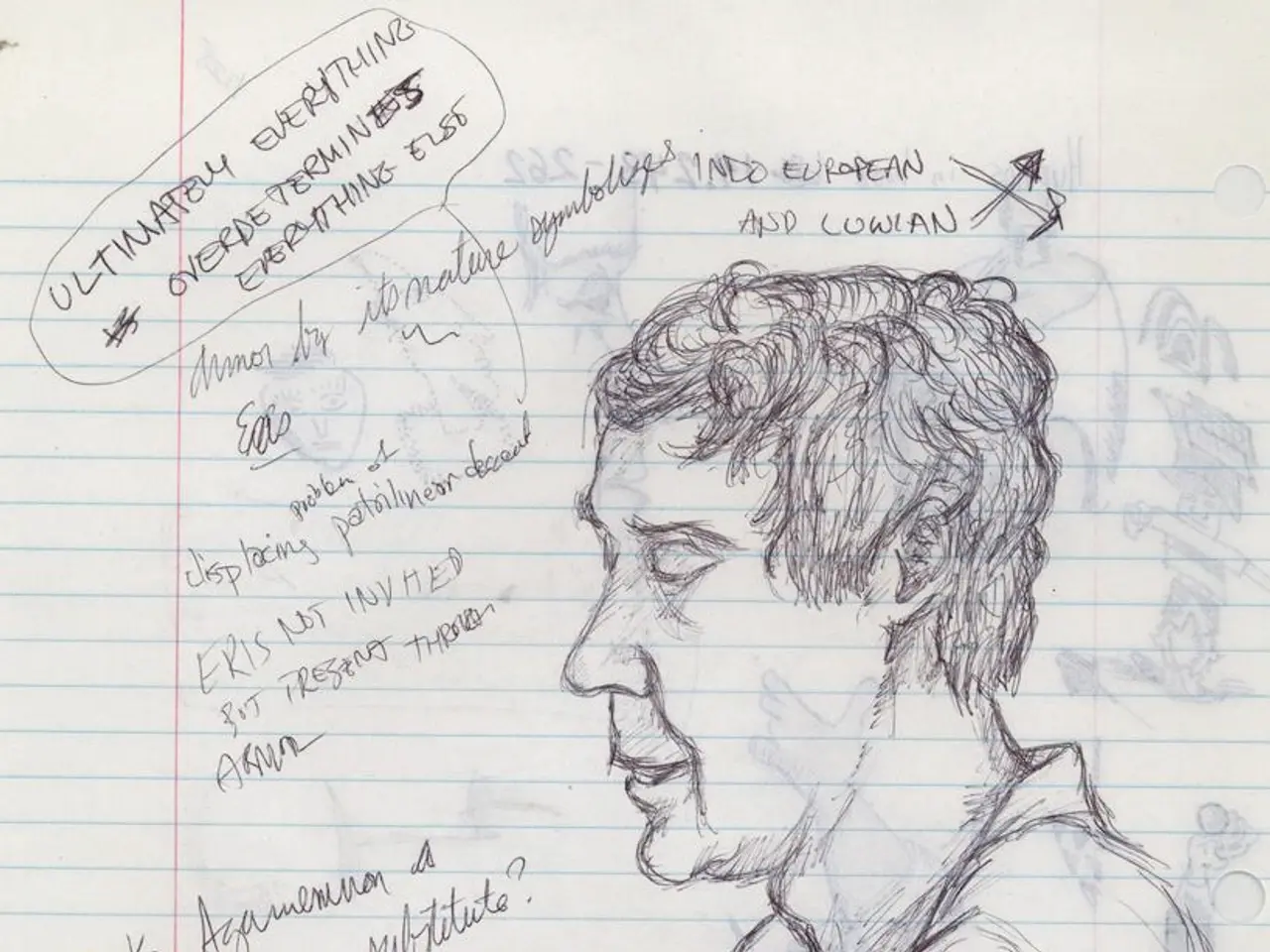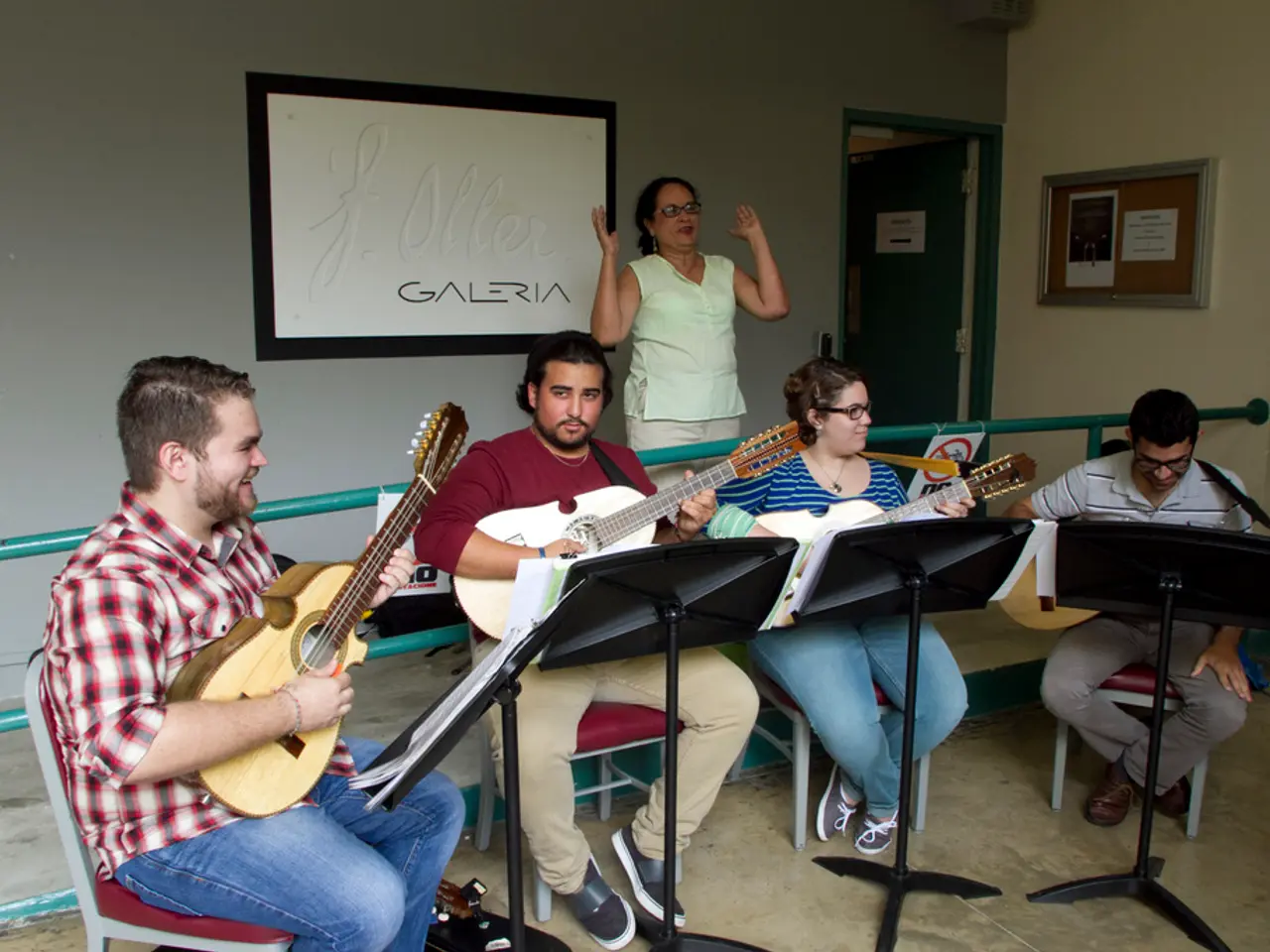Challenging a Will's Validity: Lawful Reasons and Procedures
Contesting a Will: A Cross-Jurisdictional Overview
Contesting a will is a legal process that challenges a deceased individual's last testament. This procedure is governed by specific laws in various jurisdictions, and the reasons for contesting a will can differ across regions.
In England and Wales, as well as Ontario, common grounds for contesting a will include mental incapacity, undue influence, fraud, or errors in signing or witnessing. However, simply being disappointed with inheritance does not constitute valid grounds. Additionally, claims under the Inheritance Act are possible in England and Wales. Time limits for contesting a will vary depending on the claim type in both countries.
Florida's validity challenges involve disputing the competency of the testator, the existence of additional or later wills, or undue influence. Undue influence requires showing that a person who benefits substantially had a confidential relationship with the decedent and actively procured the will's execution or modification.
In Texas, grounds for contesting a will are both statutory (e.g., will not timely probated, not signed properly, lack of testamentary intent or capacity, will revoked) and non-statutory. Contesting a will in Texas must meet these grounds, and the Texas Estates Code governs the processes.
Procedurally, contesting a will typically requires filing a challenge in the probate court handling the will’s administration, within strict time limits. The contest halts probate until resolved. Legal standing, who can contest, is generally restricted to those with a direct interest in the estate or named beneficiaries, but varies by jurisdiction.
Engaging in clear and respectful communication and seeking professional mediation can help alleviate emotional strain and promote collaboration in resolving disputes. In some jurisdictions, if a contestant prevails, they may be entitled to recover their legal fees from the estate.
The legal process of contesting a will may include gathering evidence, pre-trial motions, discovery, and court hearings. Witnesses play a pivotal role in contests surrounding a will, affirming the validity of the will and the testator's intent. Attorneys may charge through hourly rates, flat fees, or contingency fee arrangements.
Mediation and alternative dispute resolution (ADR) are increasingly favored in will contests as viable methods for resolving disputes without extended litigation. Navigating emotional and family dynamics in contesting a will can be challenging, as disputes over inheritance can lead to fractured relationships among surviving family members.
Understanding the nuances of state-specific laws is critical for anyone considering contesting a will, as the implications of state-specific laws can profoundly influence both the strategy and potential outcomes of the process. Common reasons for contesting a will include a lack of testamentary capacity, undue influence, fraud, and improper execution. The credibility of witnesses can significantly impact the outcome of the contest.
The statute of limitations refers to the legally prescribed time frame within which one must contest a will, and it varies by state, dictating how long an individual has to file a formal challenge after the will has been probated. Potential outcomes of contesting a will include the rejection of the contest, the will being declared invalid, a settlement, or a partial validation of the will.
Contingency fee arrangements allow clients to pay their attorney based on the outcome of their case in will contests, alleviating upfront financial burdens. In certain circumstances, individuals may recover some of their legal fees when contesting a will, depending on the state's legal standards and the specific facts of the case.
It is advisable to consult a qualified attorney in the relevant jurisdiction due to variations in law and procedure when contemplating contesting a will.
In the realms of business and finance, understanding legal matters related to contesting a will is crucial for individuals, given the potential financial implications of such proceedings. For instance, in certain jurisdictions, successful will contestants might be entitled to recover their legal fees from the estate. Moreover, education and self-development in these areas can help navigate the complexities of jurisdictional differences, state-specific laws, and emotional dynamics that often arise in will contests.




